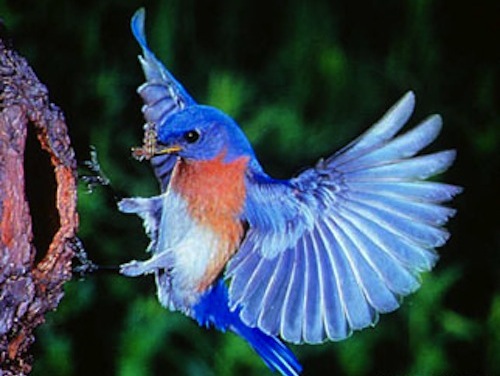One of the poems I like to return to is John Ashbery’s “And Ut Pictura Poesis Is Her Name” from Houseboat Days (one of my favorite book titles). He begins:
You can’t say it that way any more.
Bothered about beauty you have to
Come out into the open, into a clearing,
And rest.
Often bothered by beauty, I was recently rereading Elaine Scarry’s On Beauty and Being Just, in which she says this remarkable thing: “Beauty brings copies of itself into being.” There is abundant evidence, she says, that we unceasingly try to replicate the beauty we see around us, an argument originating in Plato’s Symposium—we do it by having children, or as Diotima tells the men lazing about the symposium, by making laws and poems. These works beget more works, as we are driven to describe exactly what makes these laws and poems so beautiful. And then, we write some more poems to participate in the “perpetual duplicating of a moment that never stops.” Copies of beauty, in this sense, allow us to collide with the immortal.
Staring, Scarry continues, is the simplest example of this impulse to make beauty last. At a flash of electric blue, I race to the window to see the Eastern Bluebird in my backyard; I stare and stare, or grab my camera, or start thinking up lines to capture it in an imagined poem. Yet another display the instinct of “terrestrial plenitude and distribution, the will to make ‘more and more’ so that there will be eventually ‘enough.’” More and more Eastern Bluebirds forever and into eternity before global warming ruins everything!

But, you can’t say it that way anymore, or can you? Here is the conclusion of Ashbery’s “poem-painting”:
Something Ought to be written about how this affects You when you write poetry: The extreme austerity of an almost empty mind Colliding with the lush, Rousseau-like foliage of its desire to communicate Something between breaths, if only for the sake Of others and their desire to understand you and desert you For other centers of communication, so that understanding May begin, and in doing so be undone.
The poet’s seemingly casual, conversational tone; his abrupt shifts of thought and changes of heart; the charming moments of plenitude (Japanese instruments, seesaws, delphinium); his questions about method and content; the tone of urgency, then diversion—all scattered so carefully—reveal again the poet’s relentless search to make a copy of “more and more” that will, at least momentarily, suffice for what he calls understanding between the reader and poet, through the poem, before we divert our eyes to other centers of communication, before it’s all undone.
Born in Seattle and raised in Pittsburgh, poet Camille Guthrie earned a BA at Vassar College and an …
Read Full Biography

